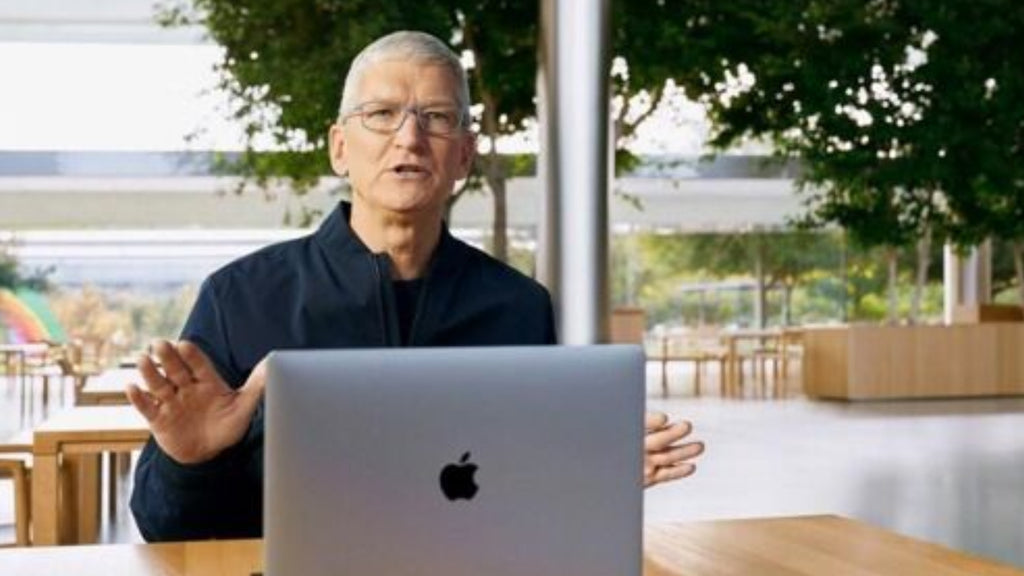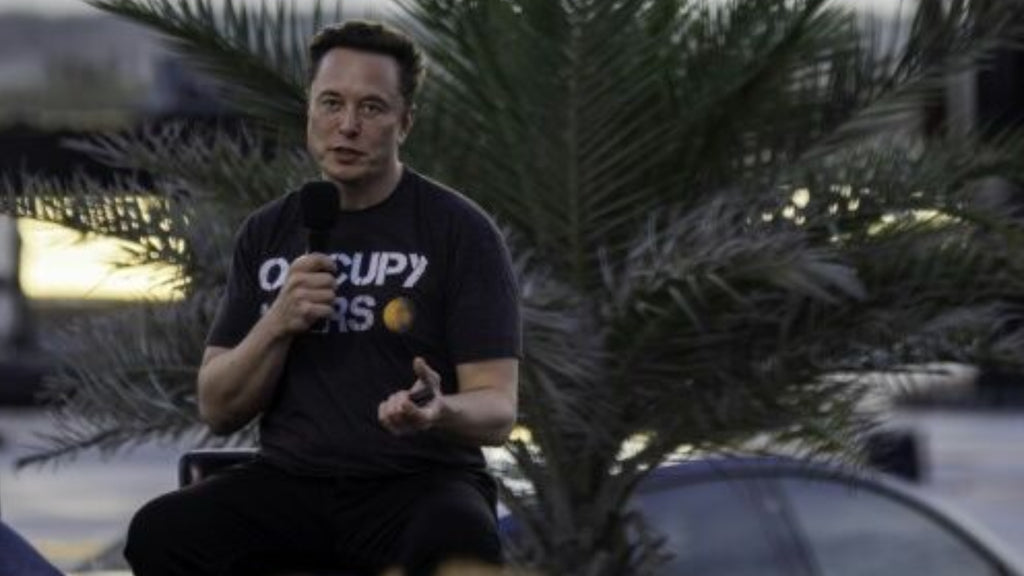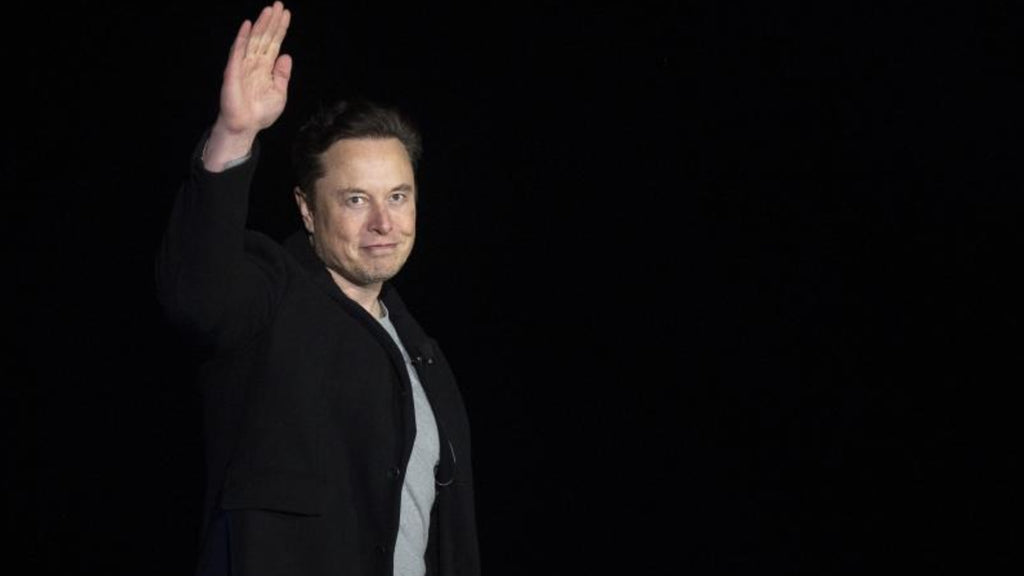AI software will allow a million people to turn words into art
Sylvie Claire / July 21, 2022

The start-up OpenAI will open its artificial intelligence software DALL-E to a million people, so that they can create illustrations, simply from verbal indications, and then use them in books, brochures or on the Internet, including for commercial purposes.
This computer program generates images from carefully chosen words, such as Baobab dressed as a businessman looking at the sky or Sea otter in the style of Johannes Vermeer's Girl with a Pearl.
The software proposes several original creations and the user can then refine his choice.
It was trained by machine learning, that is, by ingesting an astronomical database of images with descriptions.
DALL-E, the artificial intelligence (AI) system that creates realistic images and art from natural language description, is now available in beta, the San Francisco-based startup said in a statement.
It plans to invite one million people already on the waiting list over the next few weeks.
These users will have starting today the right to commercialize the images they create with DALL-E, including the right to reprint and sell them, says OpenAI, which was co-founded in 2015 by Elon Musk. The Tesla boss left the company in 2018.
They will initially have 50 free credits, each credit allowing them to formulate a request to the software, which will respond with three or four images.
The company has configured the software with safeguards to prevent users from creating pornographic, violent or political content, or deepfakes, which are hijacked images of real people in invented situations.
She also made sure that the machine didn't replicate certain human biases - that it didn't just suggest white men in their 50s in response to the CEO description.
DALL-E has already been tested by a few creators, including Austrian artist Stefan Kutzenberger, who wanted to show what works of art by the painter Egon Schiele might have looked like if he hadn't died at 28, according to a recent OpenAI release.
Karen X Cheng, a content creator, designed the first cover of Cosmopolitan women's magazine generated by an AI program in June.
After many hours of trying out hundreds of descriptions, I finally found the right one: 'A wide-angle, low-angle view of a female astronaut with an athletic female body walking with a confident gait toward the camera on Mars in an infinite universe, she shared on Instagram.




